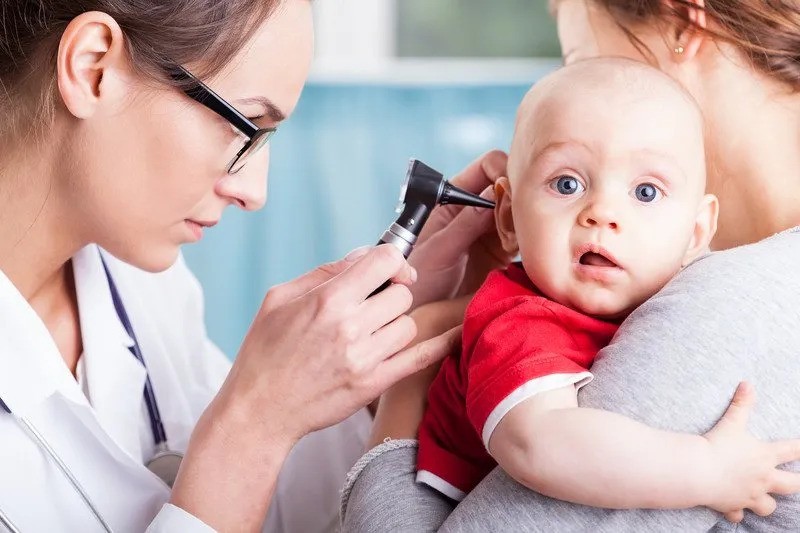
Introduction:
As parents, keeping our children safe is a top priority. However, accidents happen, and foreign bodies getting lodged in the ear, nose, or throat can be a common concern. In this blog post, we will explore the potential risks, preventive measures, and essential first aid tips for handling foreign bodies in the ear, nose, and throat.
Understanding the Risks:
Children, in their natural curiosity and exploration, may inadvertently insert small objects into their ears, noses, or mouths. Common foreign bodies include beads, buttons, food particles, and small toys. While most incidents are not serious, prompt attention is crucial to prevent complications.
Preventive Measures:
Educate and Supervise:
Teach children about the dangers of inserting objects into their ears, nose, or mouth. Keep a close eye on them, especially during playtime, to minimize the risk of accidents.
Childproofing:
Ensure that small objects are out of reach, and childproof your home to reduce the chances of foreign body incidents. Be mindful of items that can easily be swallowed or inserted into small orifices.
Safe Play Areas:
Designate safe play areas with age-appropriate toys and games. Regularly inspect toys for small, detachable parts that could pose a choking hazard.
First Aid for Foreign Bodies:
Stay Calm:
In the event of a foreign body incident, stay calm to reassure your child. Panic can make the situation more challenging for both you and your child.
Ear Foreign Bodies:
If an object is lodged in the ear, avoid using cotton swabs, as this may push the object further. Instead, tilt the head to the affected side and try to gently shake the object out. If unsuccessful, seek medical attention.
Nose Foreign Bodies:
If an object is stuck in the nose, don't use tweezers or cotton swabs. Encourage your child to sneeze with their mouth closed or breathe forcefully out of the unaffected nostril. If the object remains, consult a healthcare professional.
Throat Foreign Bodies:
For swallowed objects, monitor your child for signs of distress, such as difficulty breathing or swallowing. If there are concerns, seek immediate medical attention.
Seek Medical Help:
If initial attempts to remove the foreign body are unsuccessful or if there are signs of distress, seek medical help promptly. Healthcare professionals have the expertise and tools to safely address the situation.
Conclusion:
While it's impossible to prevent every accident, being proactive and informed can significantly reduce the risk of foreign bodies in the ear, nose, and throat. By fostering a safe environment and knowing how to respond in emergencies, parents can better protect their children and ensure their well-being. If in doubt, always seek professional medical advice to address any concerns related to foreign bodies.